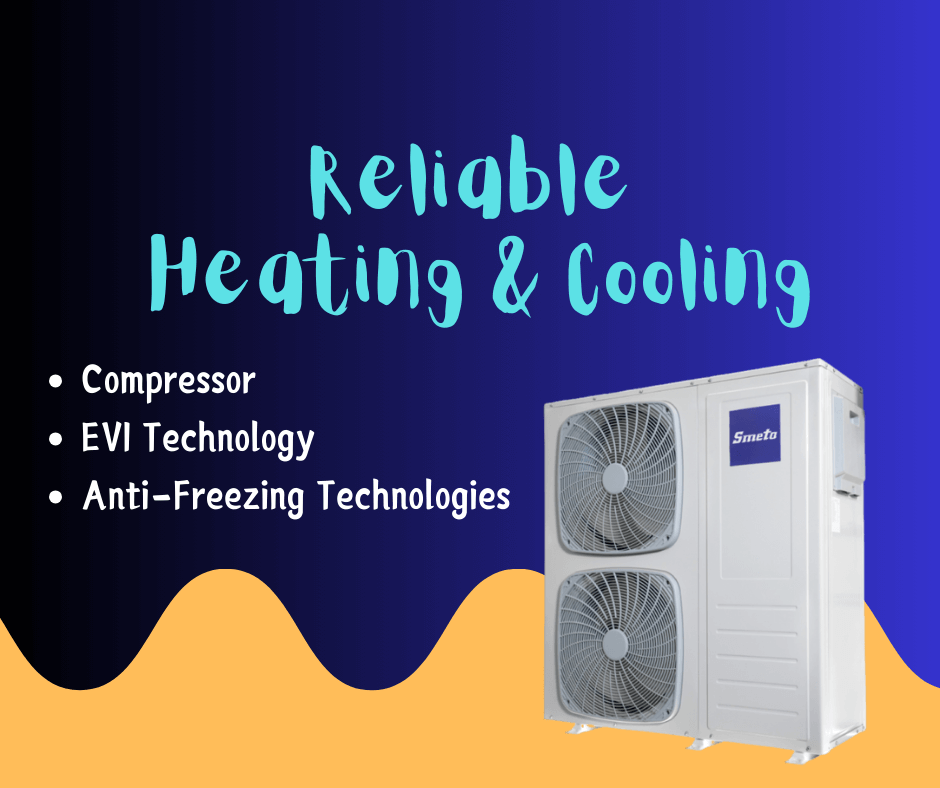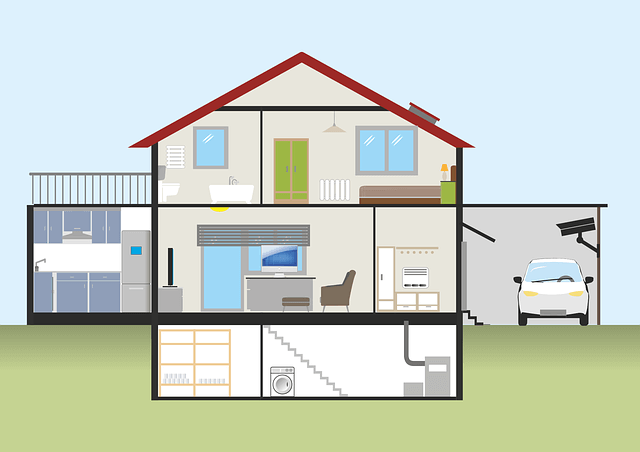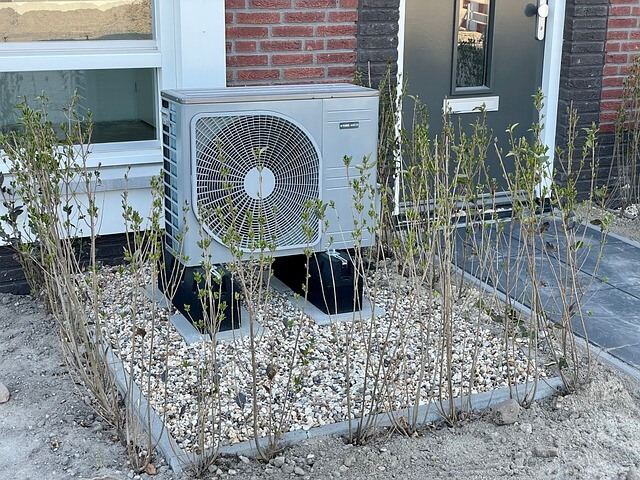There are several reasons why more and more people are turning to heat pumps. One of the main reasons is that heat pumps are highly energy-efficient and can save homeowners a significant amount of money on their energy bills compared to traditional heating systems.
The global heat pump market size is expected to expand at a compounded annual growth rate (CAGR) of 8.1% from 2022 to 2030. The industry growth is expected to be driven by increased demand for energy-efficient and cost-effective space heating and cooling applications in residential and commercial housing.
Heat pumps are becoming increasingly popular as a sustainable and cost-effective option for heating and cooling homes. As a result, the demand for heat pumps has been growing and is expected to continue growing in the future. This rise in demand can be credited to several driving factors that have contributed to the popularity and adoption of heat pumps. In the following paragraphs, we will explore the main driving factors behind the growth of heat pumps, from their energy efficiency to advances in technology and government incentives. Understanding these factors can help us better appreciate the benefits of heat pumps and their potential to transform the heating and cooling industry.

1. The government initiatives
The government initiatives including rebates, incentive plans, personal and corporate tax credits, and clean heating & cooling initiatives are expected to positively influence the growth of the market. The governments have implemented renewable energy rebate programs by offering discounts on installing renewable energy systems including ground source systems in the buildings. Europe is expected to expand at a CAGR of 8.6% over the forecast period due to the government initiatives to curb carbon emissions along with rising environmental concerns that have elevated the demand for sustainable heating systems in the region.
The EU has set ambitious targets for heat pump installation, aiming for 50 million heat pumps to be installed by 2030, with an annual growth of 16%. That will be about one third of the 150 million boiler installations in the bloc. To put the target in context, in 2017 83% of Europe’s heating installations relied on fossil fuels.
Individual countries have set their own targets. In Germany, for example, the government announced in December 2021 that from 2025 any household heating system must run on renewable energy – which has been understood as an implicit endorsement of heat pumps. In the UK, the aim is for 600,000 heat pumps to be installed per year. Outside Europe, China leads the world in its promotion of heat pump water heaters.
The increasing investments in the establishment of greenhouse infrastructure are expected to further fuel the growth of the market.

2. Various advantages of heat pumps
The advantages of heat pumps are multifaceted, making them an attractive option for homeowners and businesses alike. One of the main benefits of heat pumps is their low maintenance requirements, which makes them more cost-effective than traditional heating and cooling systems. Additionally, heat pumps operate more economically, which can save users money on their energy bills.
Another advantage of heat pumps is their low carbon footprint. Heat pumps operate by using renewable energy sources such as air or ground to heat or cool a space, making them a much more environmentally friendly option than traditional heating and cooling systems. This aspect represents a significant shift towards sustainability, which is an increasingly critical factor in decision-making for modern consumers.
The lifespan expectancy of heat pumps is also longer than traditional heating systems. This longevity of operation represents a significant saving over time and is an essential aspect in reducing the environmental and financial impact associated with the replacement of heating equipment.
Finally, heat pumps offer water-heating solutions along with heating and cooling of space. This capability makes them a versatile system that can adapt to changing needs and requirements. For instance, heat pumps can be used for heating swimming pools and hot tubs, providing more extended seasonal usability.
Considering all these factors, it’s no wonder that the demand for air source technology is predicted to continue its growth trajectory over the forecast period. The expanding awareness of these advantages by consumers combined with the implementation of incentivizing policies across the world will contribute to a rapid adoption of heat pump technology.

3. Increasing greenhouse infrastructure investments
The demand for construction activities in the single and multi-family residential building industry has been on the rise in Europe and Australia. This trend is driven by several factors, including investments in greenhouse infrastructure and the growing need for efficient space and water heating solutions. With increasing population density and a focus on sustainable living, modern homes must conform to more stringent environmental regulations and incorporate the latest energy-saving technologies.
Governments across the world are encouraging sustainable building practices to reduce energy consumption and promote sustainable living. These initiatives have led to an increase in demand for affordable and efficient heating systems that consume less energy and produce fewer GHG emissions. Heat pumps are positioned to meet this demand as they offer a highly energy-efficient solution to provide both space heating and hot water provision.
Find the Best Suppliers of Heat Pumps
Heat pumps, whether ground source, air source, or water source, represent excellent opportunities for upgrading your business. When choosing a heat pump manufacturer, it’s essential to consider factors such as quality, reliability, energy efficiency, innovation, customer service, price, and certifications from recognized industry organizations to make a well-informed decision that suits your specific needs.
Smeta, an electrical appliance enterprise with over two decades of experience, places great emphasis on the importance of its products and services to its survival. In order to boost the profitability of heat pump dealers and streamline their business operations, Smeta has established offshore warehouses in Europe. These warehouses have enabled Smeta to offer local, small-scale supply chain services and tailor-made warehousing solutions for dealers, as well as providing flexibility with minimum order quantities. As a result, heat pump dealers now enjoy greater ease and efficiency in conducting business.











